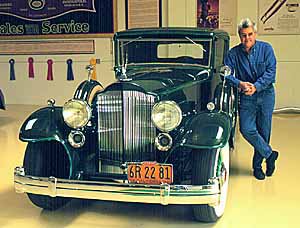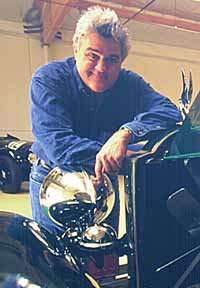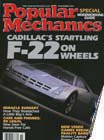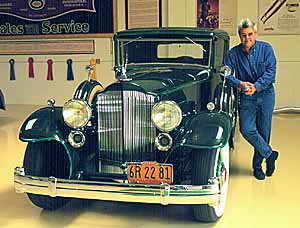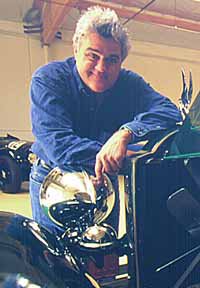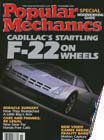- Joined
- Jan 29, 2013
- Messages
- 176
That's a good read, we need to do everything we can to spark the interest in our young'ns, My 7 yr old grandson was in my shop sandblasting pieces of a 110 yr old wood burning stove we're redoing for my shop. He was having a blast on the step stool at the blasting cabinet. It does a heart good to see that happening. Hoping to teach him about everything in my shop.
Dwayne
Dwayne


